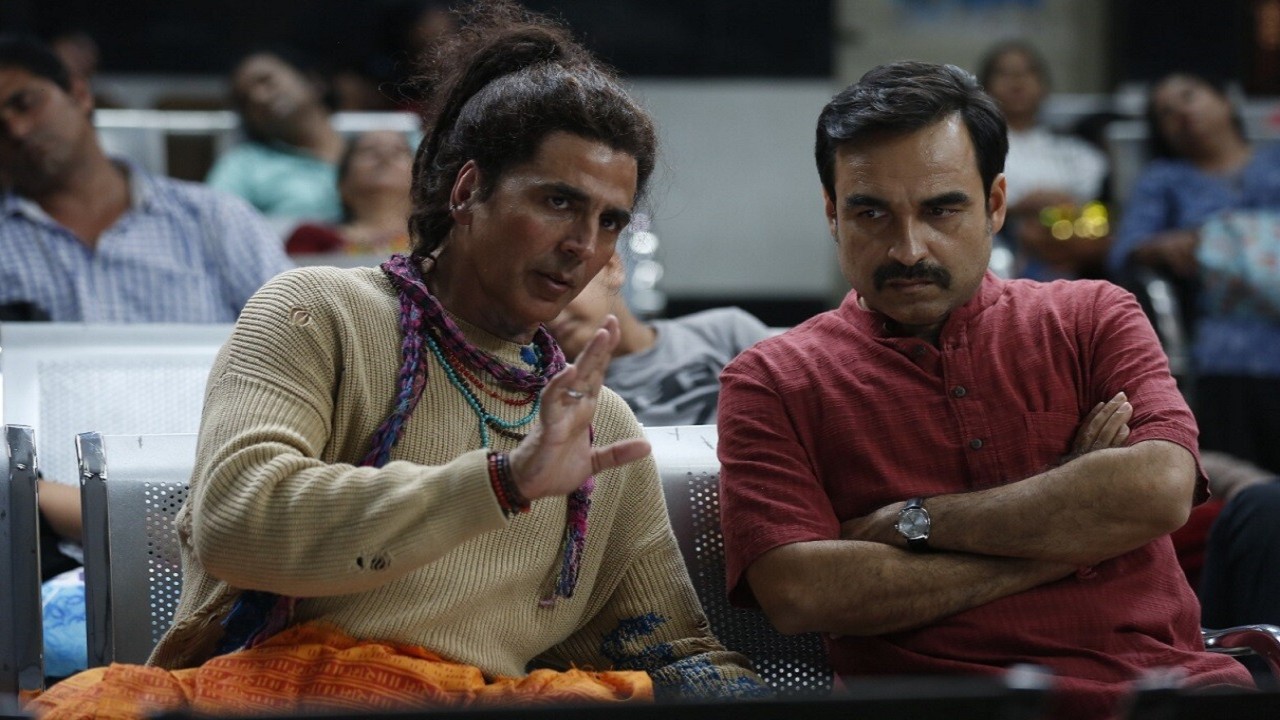Hindi Movie Review: Article 370 is a solid spy thriller undone by relentless political posturing

Following the recent Main Atal Hoon, Aditya Suhas Jambhale’s Article 370 is the latest in an election season wave of Bollywood films that celebrate the accomplishments of the BJP, under the thin guise of a uniting sense of Indian nationalism. Unsurprisingly, Indian critics have largely seen the film through the lens of their own politics; depending on whose assessment you read, it’s either a riveting political thriller or a propaganda piece liberally mixing facts and fiction. Audiences, in line with the BJP’s strong levels of current popularity and the self-selective nature of ticket-buying, have largely embraced the movie, catapulting it to box office success that caught some industry prognosticators by surprise.
As an outside observer stationed in the West, I found the movie’s politics to be entirely unengaging: too obvious and partisan to be thought-provoking, but not over-the-top enough to fuel the kind of rah-rah, saber-rattling entertainment that made Fighter so enjoyable for me. Just as I was getting into the rhythm of the story, there would come another explicit political appeal that took me out of the proceedings and reminded me that “this movie isn’t for you.” Which is not to say that I know enough to have strong feelings about the positions the film stakes out, but rather, that it adopts them with such inelegance that this interferes with the fluidity of its storytelling. A movie like Fighter goes so hard on the propaganda that it becomes part of its aesthetic; Article 370 is still trying to sell itself as a straight-ahead spy thriller, which makes its digressions into virtue-signaling feel like disruptions.
Hindi Movie Review: OMG 2 falters in adapting the original scenario to a fit new social issue

The first Oh My God!, released in 2012, was a flawed film with an intriguing high concept, adapted from the Gujarati stage play Kanji Virudh Kanji and its inspiration, the Australian film The Man Who Sued God. The premise: With the earthquake that destroyed his shop deemed an “Act of God,” atheist Kanji Lalji Mehta seeks to take the responsible party – in this case, the Lord himself – to court. This evolves into a clever morality play that sees Kanji going after the self-anointed religious officers in society who collect donations only to enrich themselves, rather than serve the will of God and help others. While the setup of Oh My God! was better than its execution, which took the story into heavy-handed and obvious directions, it had a thought-provoking central idea relating to organized religion’s role in upholding justness. Looking back, it’s no surprise that such an ingenious, easily articulated concept that hit at the zeitgeist yielded big box office returns.
Oh My God! was clearly intended to be a self-contained story, so it’s hardly a surprise that its connection to this decade-later sequel feels awkward at best. The only common ingredient between the two films is Akshay Kumar, who reprises his role as a divine messenger – this time as a manifestation of Shiva, while last time it was Krishna. But even this part of the sequel feels like it has been shoehorned in. Whereas Kumar came across as a true spiritual guide to Kanji in the first film, offering divine counsel in urging him to read the Gita, Bible, and Quran for answers to his predicament, here he takes on more of the role of a “fairy godfather,” providing convenient solutions for protagonist Kanti Sharan Mudgal (Pankaj Tripathi) whenever he reaches a seemingly unsurmountable obstacle. As such, the franchise’s entire notion of spiritual devotion becomes muddled; whereas the first film ultimately extolled the virtues of unconditional belief in God, here it would seem the takeaway is you only need Him when you’re in a pinch. And this is only the beginning of the story’s thematic confusion.

